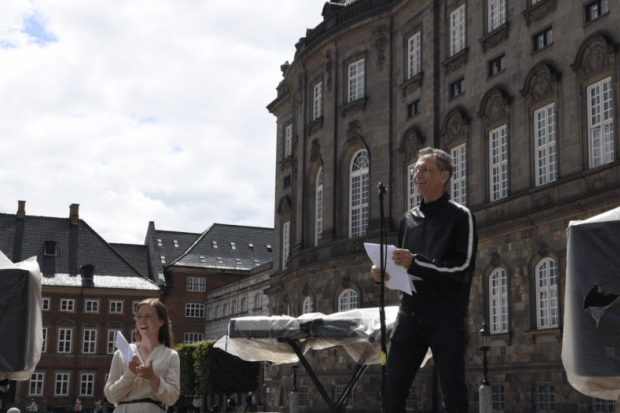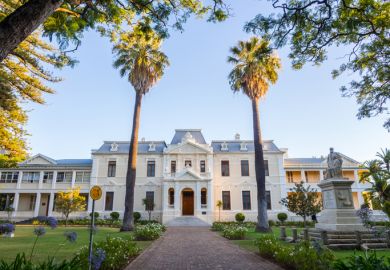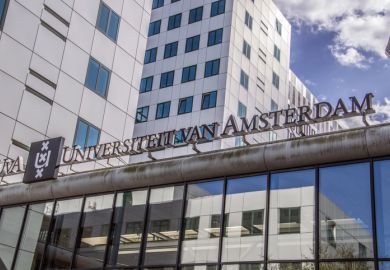Academia must overcome its “collective narcissism” if it is to tackle crises such as career precarity and academic freedom restrictions, members of a transnational collective have said.
In its 15-point “Gothenburg Manifesto”, the Movement for a Free Academia, comprised primarily of researchers working in the Nordic countries, calls for the foundation of a “democratic and autonomous” academic system free from “competitiveness, power imbalances, collegial mistrust and unhealthy hierarchies”.
Among the manifesto’s recommendations are the decentralisation of power throughout universities, the freedom of academics to engage in advocacy and activism, the establishment of “caring and respecting” environments and the elimination of “job insecurity or precarity”.
“The usual activism from researchers has been to criticise and try to adjust the existing system,” co-author Maria Toft told Times Higher Education. “Instead of just criticising, we thought we should plant a new seed that could grow something ideal.”
The decentralisation of power, the document states, “could imply rotation of positions, democratic control over finances and governance, the creation of an independent ombudsman, and abolition of long-term management positions”, among other suggestions.
At present, “management positions are strived for because they have extremely high wages, more and more centralised power and competencies to decide on everything”, said Ms Toft, an independent researcher and former doctoral student. “Universities today suffer from this collective narcissism. It’s more about image – coming up with the right answers instead of asking the right questions.” Instead, she suggested, leadership could be seen as a “collective responsibility” of the academic community.
Speaking to THE last year, Ms Toft said she was forced out of her PhD programme at the University of Copenhagen after campaigning against the exploitation of junior researchers. “I know what it means to go against management and try to say the reality as it is – it can be really dangerous to say these things out loud,” she said.
Ole Wæver, professor of political science at the University of Copenhagen and a fellow member of the Movement for a Free Academia, added, “The current system is extremely bad at protecting the most vulnerable groups.”
“You can’t really trust a centralised system to care about them, because with the professionalisation of leadership, we get a structure where all that matters is the image, the brand of the university and the ability to attract funding and students,” Professor Wæver continued.
Excessive institutional control over researchers’ activities by university leadership, politicians or funding bodies, he continued, had a negative impact on scientific output: “Micromanaging of research is never going to produce the most important breakthroughs, because those come from the most unexpected places.”
A decentralised, non-hierarchical academic structure, Ms Toft said, could also address the precarity faced by early-career scientists. “There should not be this asymmetry between researchers,” she said. “My personal opinion is that in the ideal system, you act and are valued as a collective and there are no rigid hierarchies.”
“For many people the most important thing in academia is to become a professor,” she added. “That has nothing to do with the whole core [of academia], which is ideas and science.”
Professor Wæver said the Gothenburg Manifesto was not intended as a roadmap for concrete reform but, as its introduction states, “an open-ended invitation” to promote conversation among researchers. “The idea is not that now we have the definition or the manual for anything,” he said. “It’s an ongoing process. These are the kind of questions that we often forget to ask ourselves.”
Register to continue
Why register?
- Registration is free and only takes a moment
- Once registered, you can read 3 articles a month
- Sign up for our newsletter
Subscribe
Or subscribe for unlimited access to:
- Unlimited access to news, views, insights & reviews
- Digital editions
- Digital access to THE’s university and college rankings analysis
Already registered or a current subscriber? Login








